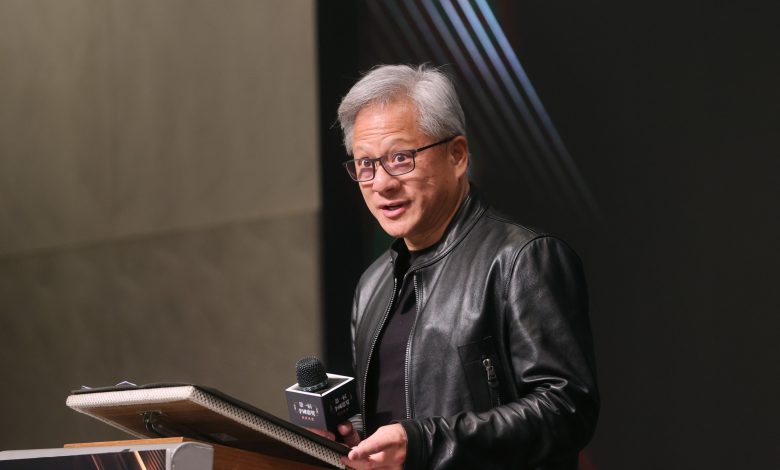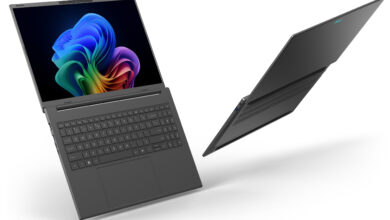Nvidia and AMD to Pay 15% of China Chip Sales to US Government

Nvidia and AMD have entered into an unusual agreement with the Trump administration to secure export licenses for their semiconductors in China. As a condition for obtaining these licenses, the two chipmakers will pay 15% of the revenues from their China chip sales to the US government.
According to a US official, Nvidia’s agreement is tied to the revenue from its H20 chip sales in China, while AMD’s payment will come from its MI308 chip revenues. People familiar with the arrangement stated that the Trump administration has not yet decided how the money will be used.
This arrangement is considered unprecedented, as export control experts are unaware of any previous instance where a US company paid a portion of its revenues for export licenses. However, the deal aligns with a pattern in the Trump administration of encouraging companies to take actions, such as domestic investments, to secure jobs and revenue for the United States.
The export licenses for the H20 and MI308 chips were issued after Nvidia CEO Jensen Huang met with President Donald Trump. This follows a period of uncertainty after the Trump administration had previously indicated it would ban H20 exports to China.
The deal is facing criticism from US security experts, who argue that the H20 chip could assist the Chinese military and weaken US leadership in artificial intelligence. Liza Tobin, a China expert, commented, “Beijing must be gloating to see Washington turn export licences into revenue streams”. She also questioned what might come next, asking, “What’s next — letting Lockheed Martin sell F-35s to China for a 15 per cent commission?”. Some officials within the Bureau of Industry and Security (BIS) have also expressed concerns about the decision.
In a letter to the commerce secretary, a group of security experts, including Matt Pottinger, a former deputy national security adviser, urged against granting the H20 licenses. They described the H20 as a “potent accelerator of China’s frontier AI capabilities” that could be used by the Chinese military. Nvidia has called these claims “misguided” and rejected the idea that the H20 could be used for military purposes.
In response to the situation, Nvidia stated, “We follow rules the US government sets for our participation in worldwide markets”. The company also said, “While we haven’t shipped H20 to China for months, we hope export control rules will let America compete in China and worldwide. America cannot repeat 5G and lose telecommunication leadership. America’s AI tech stack can be the world’s standard if we race”.
AMD confirmed that its “initial licence applications have been approved” and that it “adhere[d] to all US export control laws and policies in our global business operations”.
The debate over chip export policy comes as the US and China are engaged in trade talks. The commerce department has reportedly been told to freeze new export controls on China to avoid antagonizing Beijing. These concerns are amplified as Beijing seeks to relax controls on high-bandwidth memory (HBM) chips, which are crucial for manufacturing advanced AI chips.




